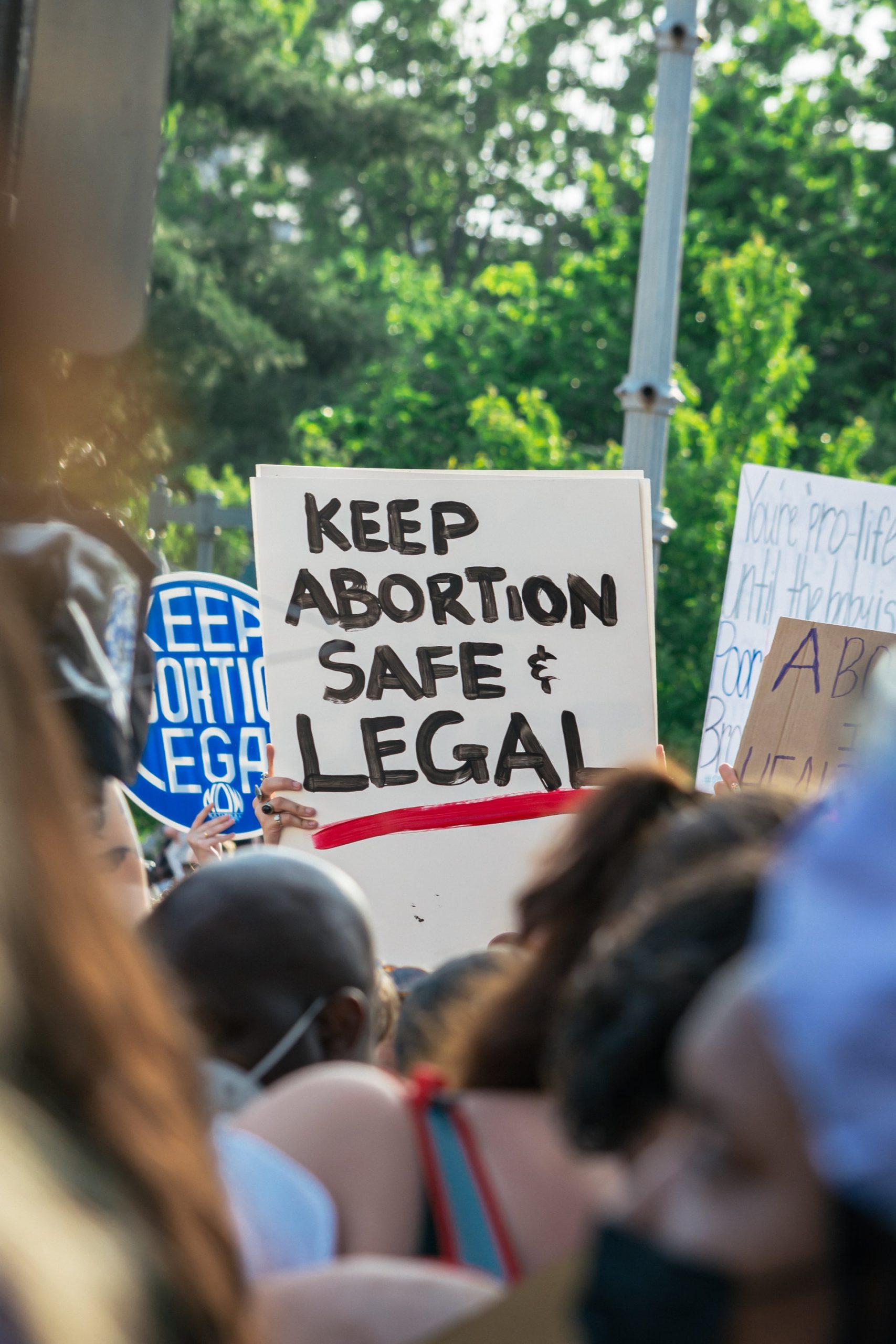Abortion laws and Roe v. Wade has been a heated debate for a while. This week (June 24th, 2022), the Supreme court justice reverted the landmark court decision of Roe V. Wade. The vote was 5-4 to overturn the abortion law in our country. And I’d like to name those supreme justice who vote for this. Amy Coney Barrett, Samuel A. Alito Jr., Brett Kavanaugh, Neil M. Gorsuch, and Clarence Thomas. Shame on you!
Roe v. Wade was a landmark case for women’s rights in the United States, and with its reversal, a lot of people are afraid that other landmark cases might be overturned. Clarence Thomas said that he is looking into other cases like Loving v. Virginia. So, without further ado, let’s dive into this blog and learn about some of the things you ought to know about Roe v. Wade.
1. where is it still legal?

The Supreme Court’s ruling means that access to abortion will be unequal in the immediate future. 16 states, as well as the District of Columbia, have laws protecting the right to abortion. In 2 other states, the courts have ruled that the state constitution establishes this right. These states are concentrated on the East and West coasts.
At the other end of the spectrum, 13 states have “trigger” laws that would quickly ban nearly all abortions. Four others have pre-Roe bans that would now go back into effect. Three other states have enacted laws banning abortions after about six weeks of pregnancy. Access to abortion is also likely to change in other states. In at least 8 states, the right to abortion is not explicitly protected or prohibited by state law.
As was the case before the Supreme Court’s Roe ruling in 1973, people who seek abortions will be subject to various restrictions in states where the procedure is still legal. These include gestational limits that indicate the maximum stage of pregnancy at which a person can obtain an abortion, the requirement that patients obtain counselling beforehand, waiting periods, and parental notification rules for minors.
2. How will this affect physicians’ ability to offer their services?
Tennessee’s trigger law states that abortions are only allowed to prevent death or to avoid serious risk of substantial and irreversible impairment of a major bodily function of the pregnant woman. In many states where abortions are banned, the law will likely target obstetricians, gynecologists, emergency room doctors, and any physician who cares for pregnant people. They could face criminal charges if they provide abortion services. This will have serious implications for reproductive health care.
There are also gray areas that the law doesn’t address. In some very early pregnancies, the fertilized egg nests outside the uterus- usually in a fallopian tube- a potentially life-threatening situation called an ectopic pregnancy. If this type of pregnancy progresses, the woman may bleed to death. Patients who sometimes miscarry also need to take abortion medications or undergo dilation and curettage surgery to remove tissue that remains in the uterus. Doctors are often hesitant to perform a curettage to treat miscarriages because they fear someone might accuse them of performing a clandestine abortion.
3. Will residents of states where abortion is banned have access to abortion drugs?

Following the Dobbs decision, states, where abortions are banned, are likely to restrict or ban abortion pills. However, some human rights activists note that residents of these states can continue to purchase the abortion pill and perform “self-directed” abortions at home, which carries additional risk in the event of complications (although complications are infrequent). And abortion pills will always be accessible in states where abortion is allowed.
Before the Roe ruling was overturned, many states had already enacted restrictions on obtaining abortion pills, including a mail-order ban and prohibiting patients from getting the drug prescribed through a telemedicine appointment. Abortion rights activists also worry that states that ban abortions could go further and criminalize travel to another state for an abortion. However, this would be an untested legal limit that the courts would likely block.
4. Future Consequences
According to reproductive health experts, certainly. The question is what is defined as an abortion. From a medical perspective, abortion is the premature termination of a pregnancy by natural means or by human intervention with drugs or surgery. Depending on what is defined as “abortion,” states could- intentionally or inadvertently- criminalize in vitro fertilization and some forms of birth control and restrict the training and availability of physicians and other providers.
Doctors say that a pregnancy begins when a fertilized egg implants in a woman’s uterus. Many opponents of abortion, however, believe that pregnancy begins when a sperm and egg unite to form a zygote, which may occur a few days earlier. This earlier time would mean that anything that interferes with the implantation of the fertilized egg, such as an IUD (intrauterine device), a common form of birth control, could be defined as a termination of pregnancy.
A statement by Justice Clarence Thomas, who sided with Roe’s reversal decision, raised further questions. He suggested that the court might use the same arguments as in Dobbs to overturn other important rulings, including those establishing the right to birth control and same-sex marriage. It was not clear whether the other justices agreed, and Justice Samuel Alito, who wrote the lead opinion, said he did not think the abortion decision involved other issues.
Sound off in the comments section below and tell us what you want to read next and if you want to read more about the reversal of Roe v. Wade.

